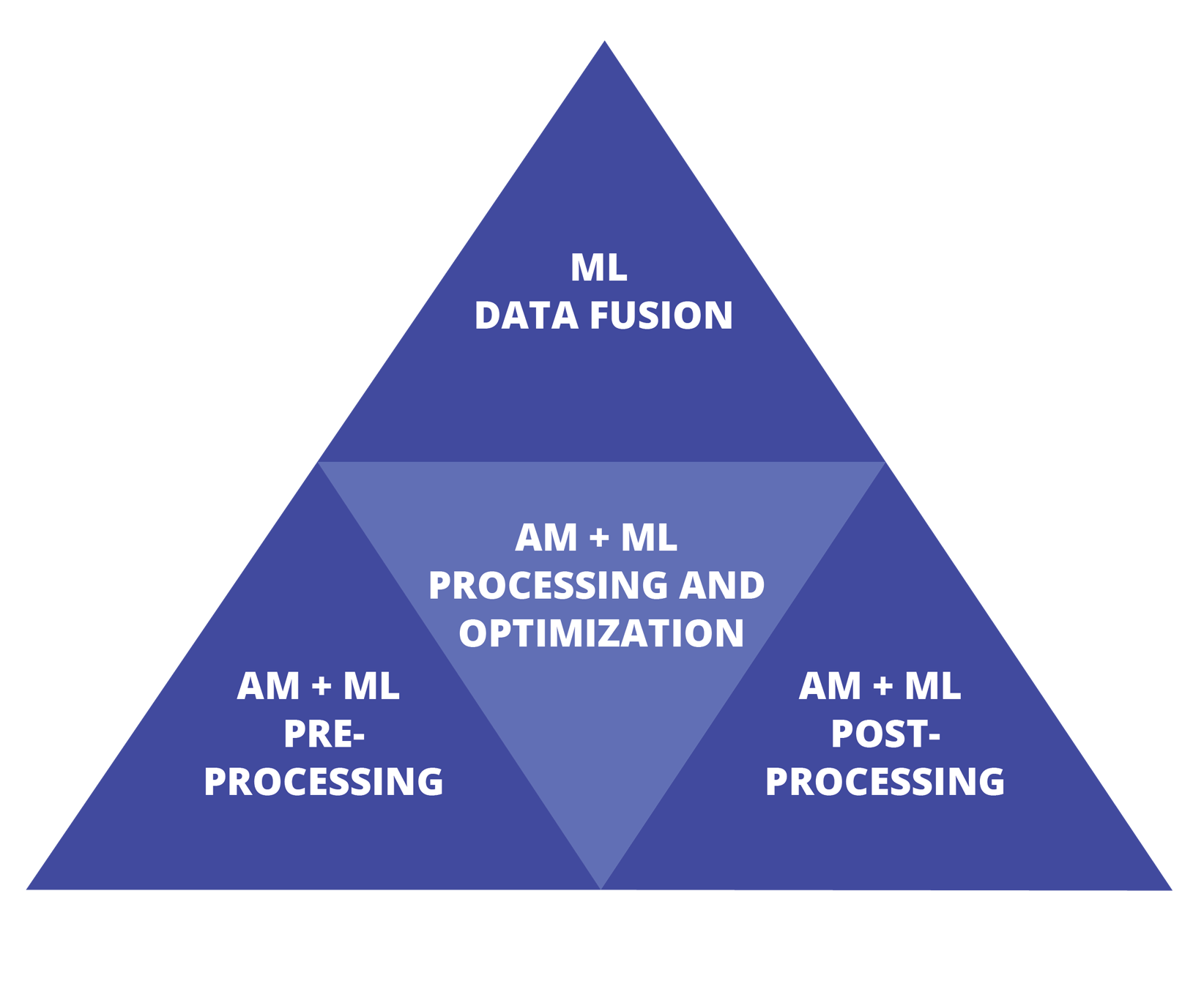CMU and CCDC ARL announce new cooperative agreement
CMU and the CCDC Army Research Laboratory have entered into a $3.5 million cooperative agreement that supports machine learning-enabled additive manufacturing.
Carnegie Mellon University (CMU) and the U.S. Army Combat Capabilities Development Command’s Army Research Laboratory (ARL) have entered into a $3.5 million cooperative agreement that supports machine learning-enabled additive manufacturing to enhance the expeditionary manufacturing capability of the Army. The funding marks the beginning of a five-year program, led by CMU’s College of Engineering, with the Army awarding up to four years and totaling as much as $25 million.
The program will address two main challenges facing additive manufacturing: 1) scaling up methods to enable part production while maintaining quality, and 2) improving additive manufacturing equipment’s ease of use, which will enable scaled out manufacturing processes in varied locations by non-expert users. Current additive manufacturing processes require expert knowledge in materials, design, process optimization, and post-processing methods, which creates barriers to adoption.

Source: College of Engineering
Core research areas designed to solve different additive manufacturing and machine learning (AM+ML) challenges that together will lead to a complete expeditionary manufacturing system
Developing solutions to these problems via expeditionary manufacturing will permit the Army to manufacture parts quickly and reliably at the point-of-need. Additionally, the ability to source various manufacturing materials from forward-deployed locations will further enhance mission effectiveness and versatility. Overall, this collaborative agreement has the potential to increase mission readiness and resiliency across many military platforms and equipment.
CMU and ARL researchers will focus on leveraging computer vision to analyze and characterize additive manufacturing powders and their potential impact on design; develop and train machine learning algorithms to detect and classify critical material compositions and microstructures that can be linked to defects or potential weaknesses in the additive manufacturing build process; and establish datasets to enable real-time part verification. By building expertise into the system, non-expert users will be able to reliably produce parts where and when they are needed. The ability to print parts at the point-of-need in forward-deployed scenarios is increasingly important to the Department of Defense, particularly in the ability to replace aging parts for which operational logistics have been disrupted or are no longer available.
“The College of Engineering at Carnegie Mellon University has been strategically investing in this area under the umbrella of the Next Manufacturing Center for several years as part of the College’s moonshot initiative, aiming to enable multi-disciplinary teams of researchers to lead high-impact research centers,” said Burcu Akinci, associate dean for research for the College of Engineering, director of the Engineering Research Accelerator, and professor of civil and environmental engineering.
The Next Manufacturing Center, led by Executive Director Sandra DeVincent Wolf and Faculty Co-Directors Jack Beuth and Anthony Rollett, is one of the world’s leading research centers for additive manufacturing research and education. The center leverages knowledge from across disciplines to work collaboratively to advance additive manufacturing research and widespread adoption of additive manufacturing technology. The center has an engaged on-campus community that includes nearly 100 faculty, postdocs, students, and staff, and is strengthened by its diverse set of consortium members and nearly 100 yearly interactions across industry, government, and academia.
In addition to research, the first year of the agreement includes funds to support the purchase of equipment that will enable these research efforts in CMU’s new additive manufacturing lab at Mill 19 at Hazelwood Green, which is part of CMU’s Manufacturing Futures Initiative.
The cooperative agreement is the culmination of years of strategic relationships between Carnegie Mellon University and ARL
William Sanders, Dean, College of Engineering
“The cooperative agreement is the culmination of years of strategic relationships between Carnegie Mellon University and ARL,” says William Sanders, dean of the College of Engineering at Carnegie Mellon University. “The project and Mill 19 lab have also benefited from strong support from the Pennsylvania Congressional Delegation, state and local leaders, and Pittsburgh’s generous foundation community.”
The core principle investigators for this program are: Jack Beuth, professor of mechanical engineering; Anthony Rollett, professor of materials science and engineering; Elizabeth Holm, professor of materials science and engineering; L. Burak Kara, professor of mechanical engineering; Amir Barati Faramani, assistant professor of mechanical engineering; Barnabas Poczos, associate professor and co-director of the Ph.D. program in the Machine Learning Department; and Aarti Singh, associate professor of machine learning. Many other faculty across CMU, in both the College of Engineering and School of Computer Science, will also be involved as additional projects are pursued under this program.
